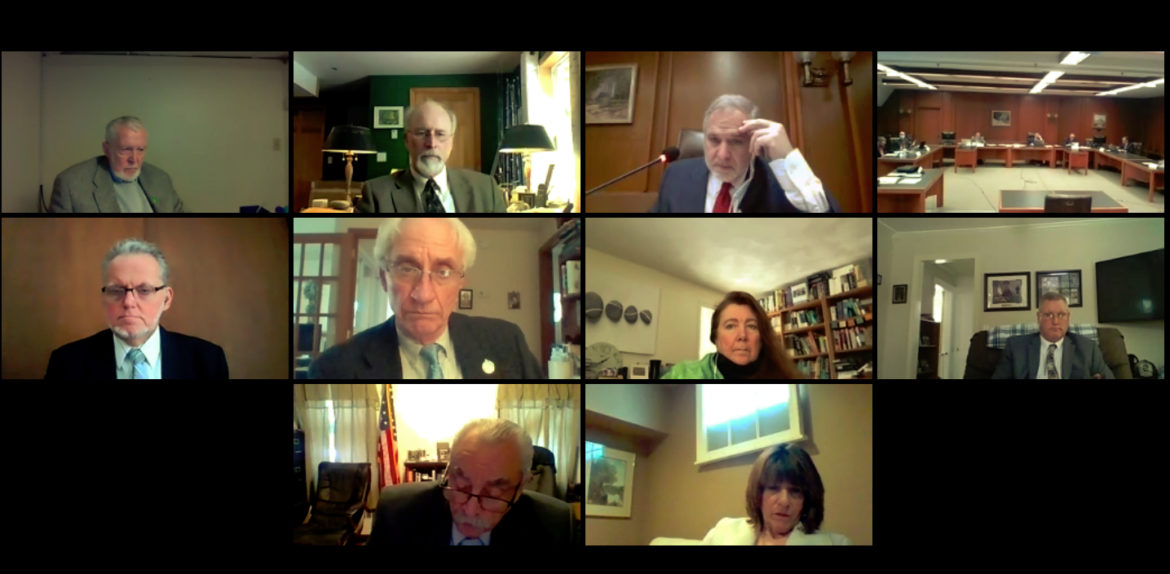By DAMIEN FISHER, InDepthNH.org
CONCORD – While advocates say the state needs to raise the minimum wage as a matter of justice, business leaders caution going to a $15 or $22 minimum wage would destroy the New Hampshire economy.
The House Labor, Industrial and Rehabilitative Services Committee took testimony on Thursday from supporters and opponents of bills that would drastically lift wages in New Hampshire.
“New Hampshire needs a raise,” said Rep. Kris Schultz, D-Concord.
Schultz is one of the sponsors of HB 517, which would raise the state’s minimum wage over the course of three years to $15 an hour. New Hampshire currently does not have a state minimum wage, but defaults to the current federal rate of $7.25. President Joseph Biden is pushing to increase the federal rate to $15 an hour.
Rep. Sherry Frost, D-Dover, spoke in favor of HB 107, which would increase the wage to $22 an hour. She said people in the state earning minimum wage cannot afford to pay rent, buy food, or pay medical bills, and a livable wage is needed.
“All workers deserve a livable age,” Frost said.
Support for the wage increases breaks down along party lines, with most Republicans expressing skepticism the measure will work as intended. Rep. Greg Hough, R-Laconia, said raising the minimum wage would lead to low-skilled workers being shut out of the labor market, and businesses closing as a result of the higher costs.
“The bill would end up hurting the people it means to help,” Hough said.
Labor leaders like Rick Gulla, president of the state’s public employees union, said too many businesses take advantage of New Hampshire’s low taxes, and pay poor wages to the employees. These employees are then forced to seek government assistance.
“As a new Hampshire citizen, I’m frankly outraged by how many companies are exploiting workers and the state,” Gulla said.
But, Bruce Berke, with the National Federation of Independent Business, said raising the minimum wage would seriously damage small businesses, and damage low-wage workers.
“Fewer jobs will be available, and fewer hours will be available, and there will be fewer businesses,” Berke said.
Schultz said that states that have increased the minimum wage have seen positives in terms of fewer people needing government assistance, and an economic boost after an initial dip.
“Low-wage workers put money into the local economy and entrepreneurship goes up,” she said.
The committee will consider the bills before voting to move the forward, and Lebanon resident and child care worker Infiniti Sanderfer urged them to raise the wages.
Sanderfer spoke as a member of the public, calling herself a poor person. She said as a single mother she was employed full time all last year and worked 40 hours a week, and still needed government assistance.
Many people work full time, or multiple part-time jobs and still need help getting by, Sanderfer said. That should change.
“Being able to survive is a moral issue,” Sanderfer said.





